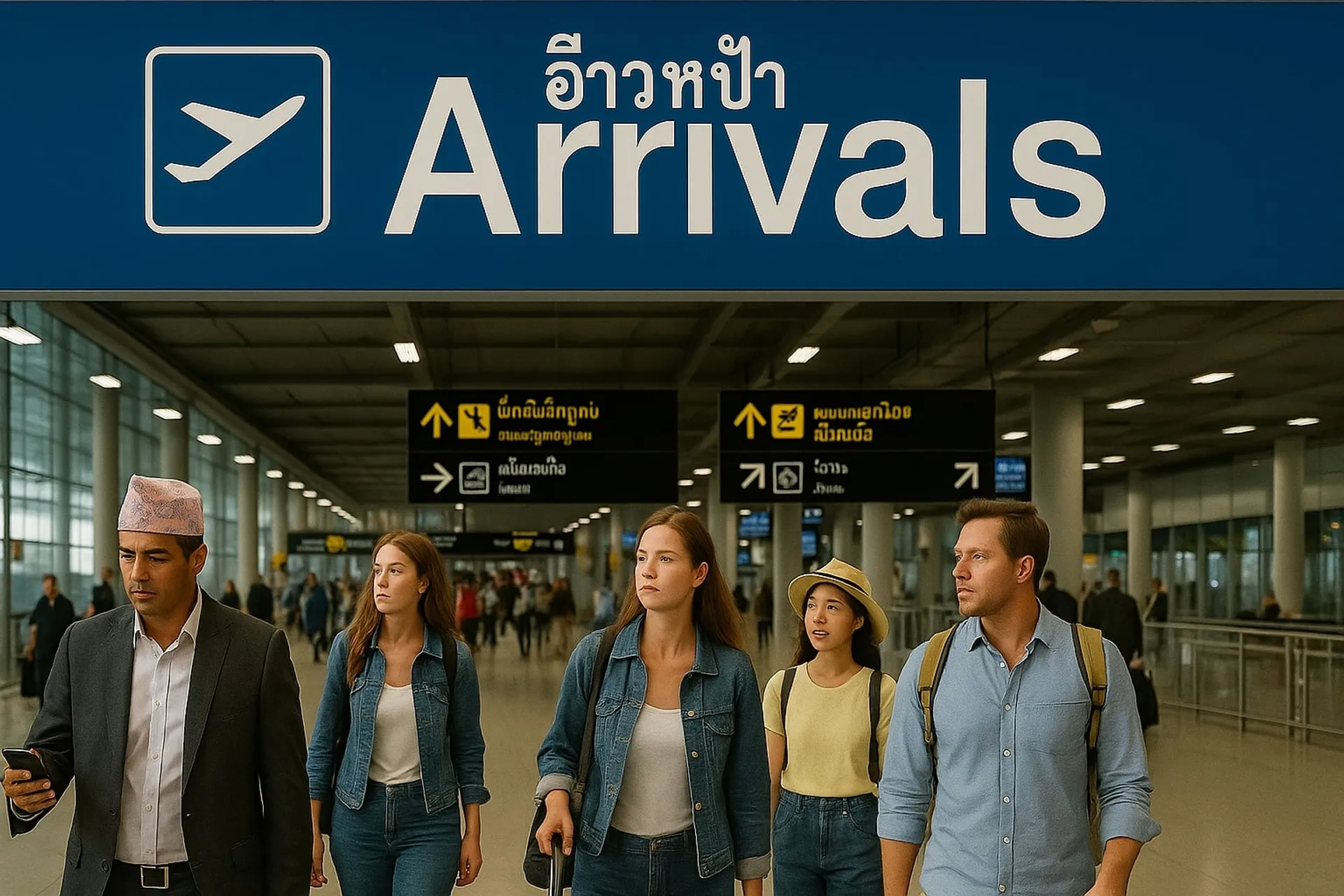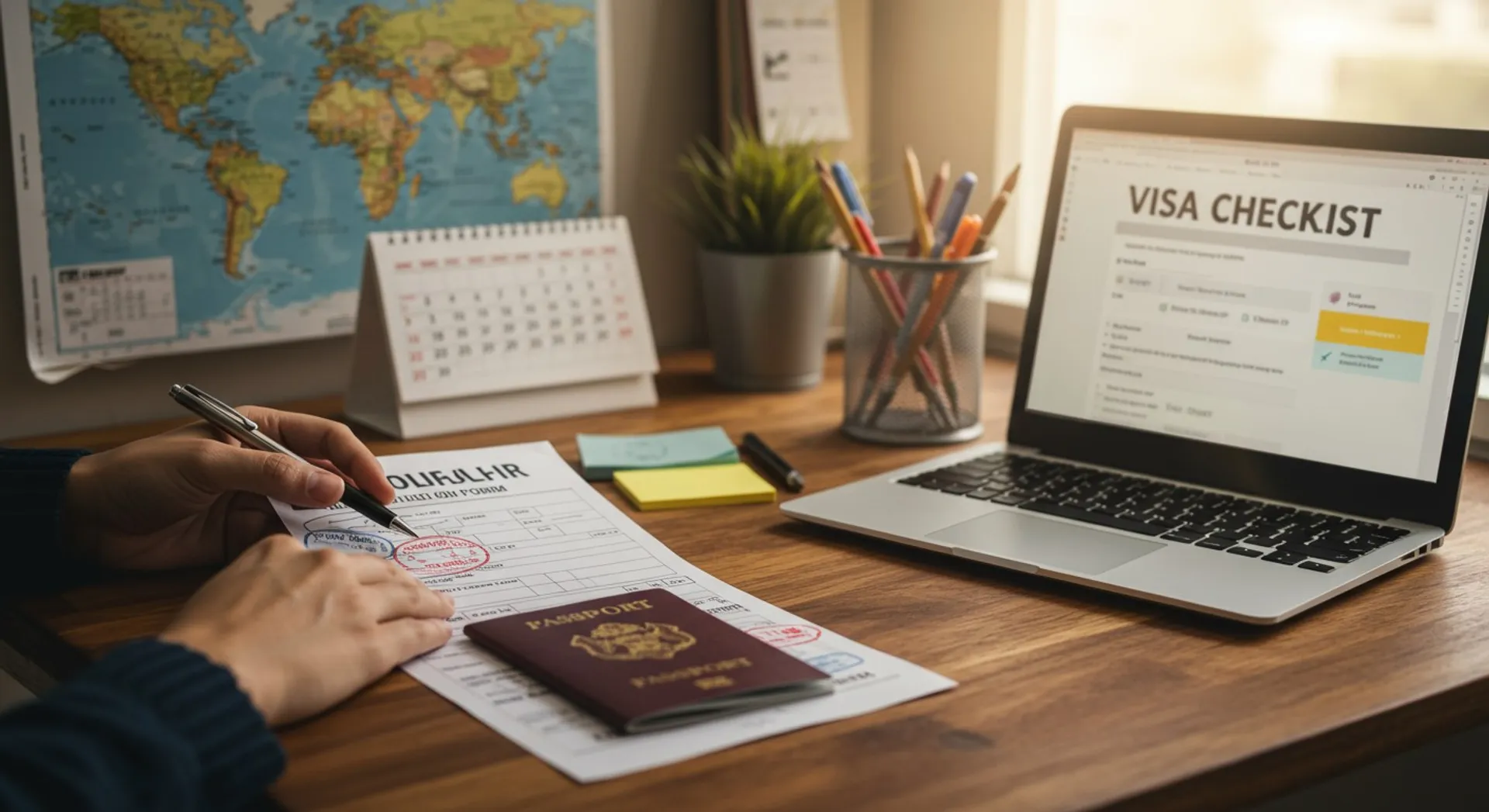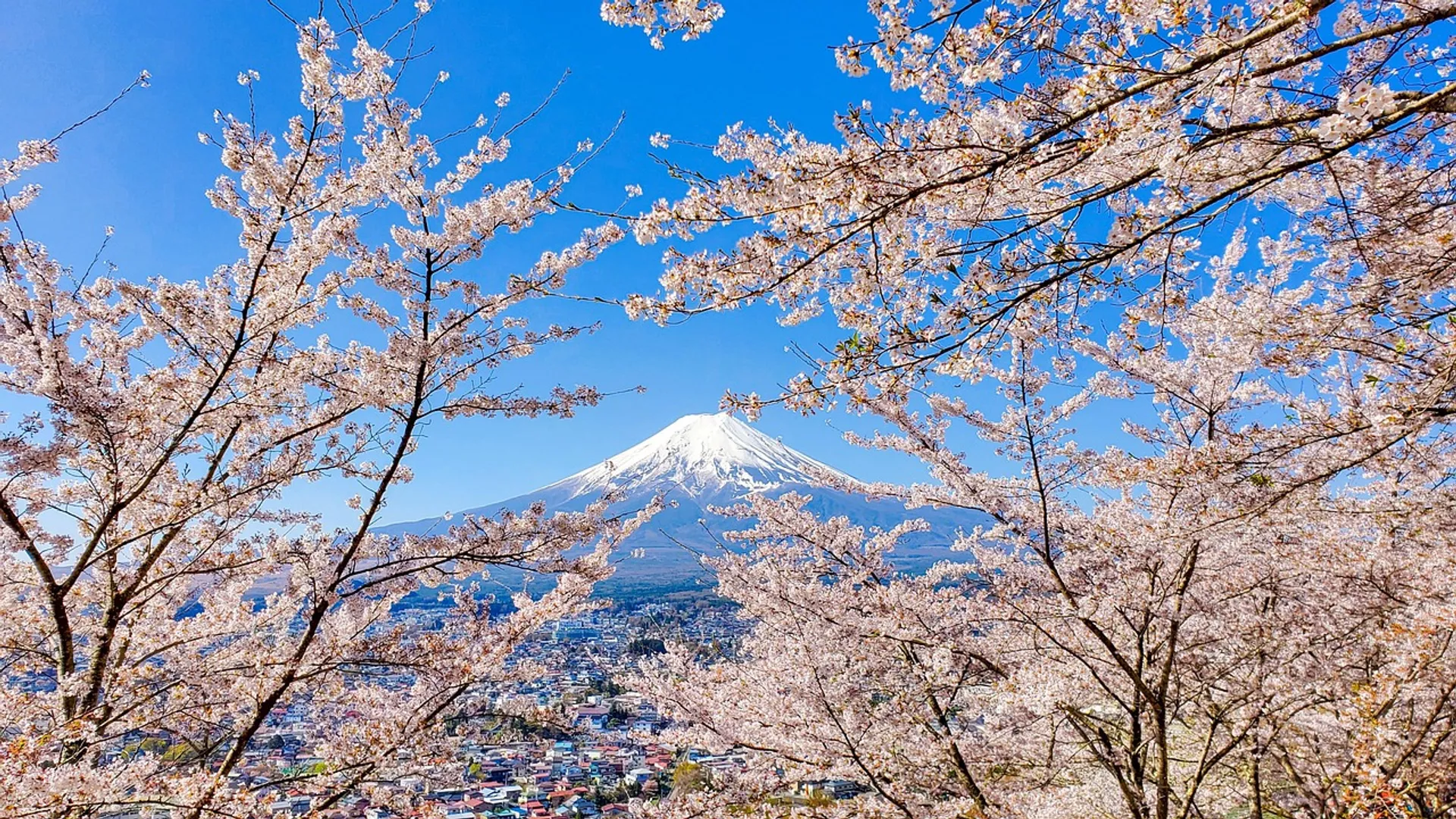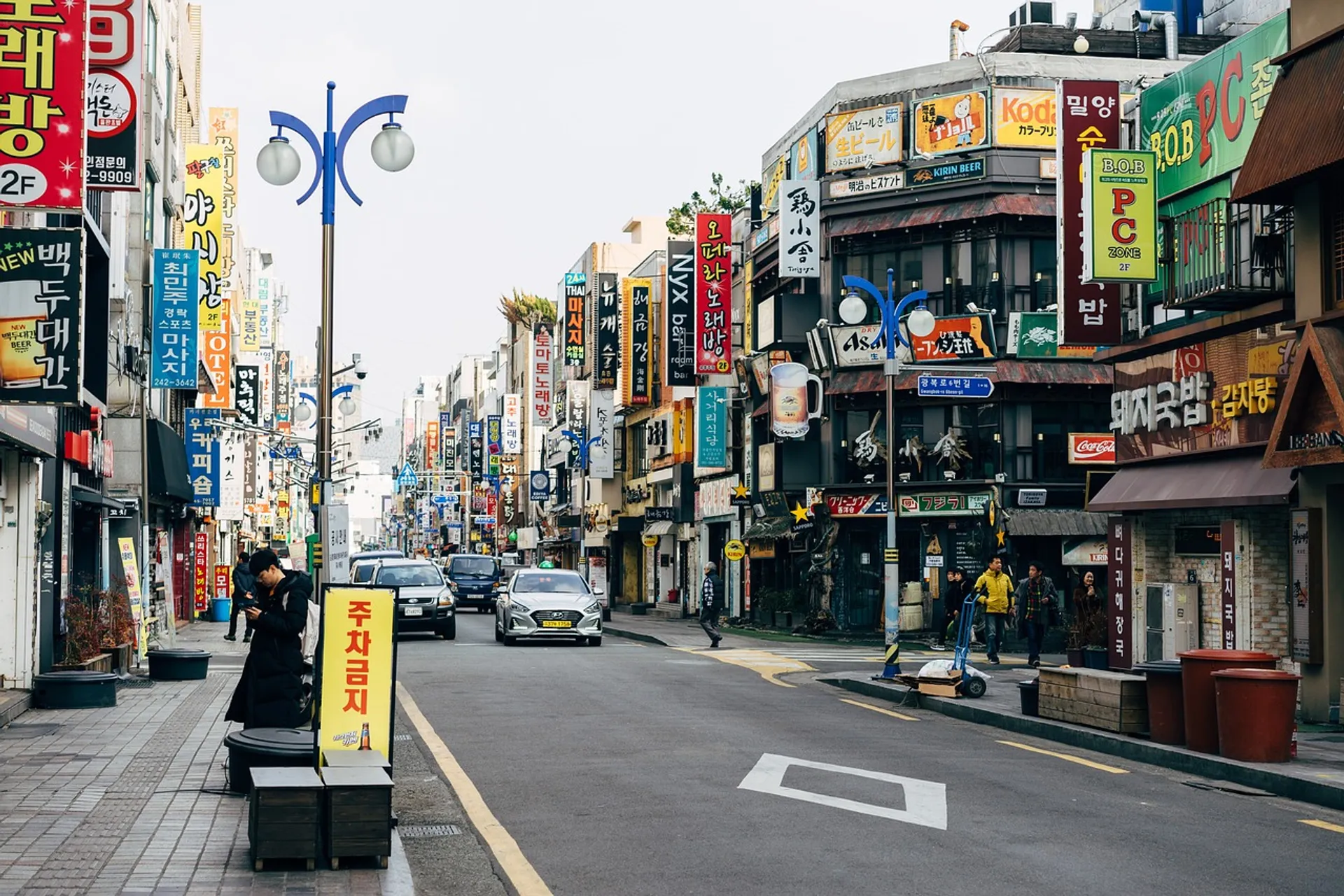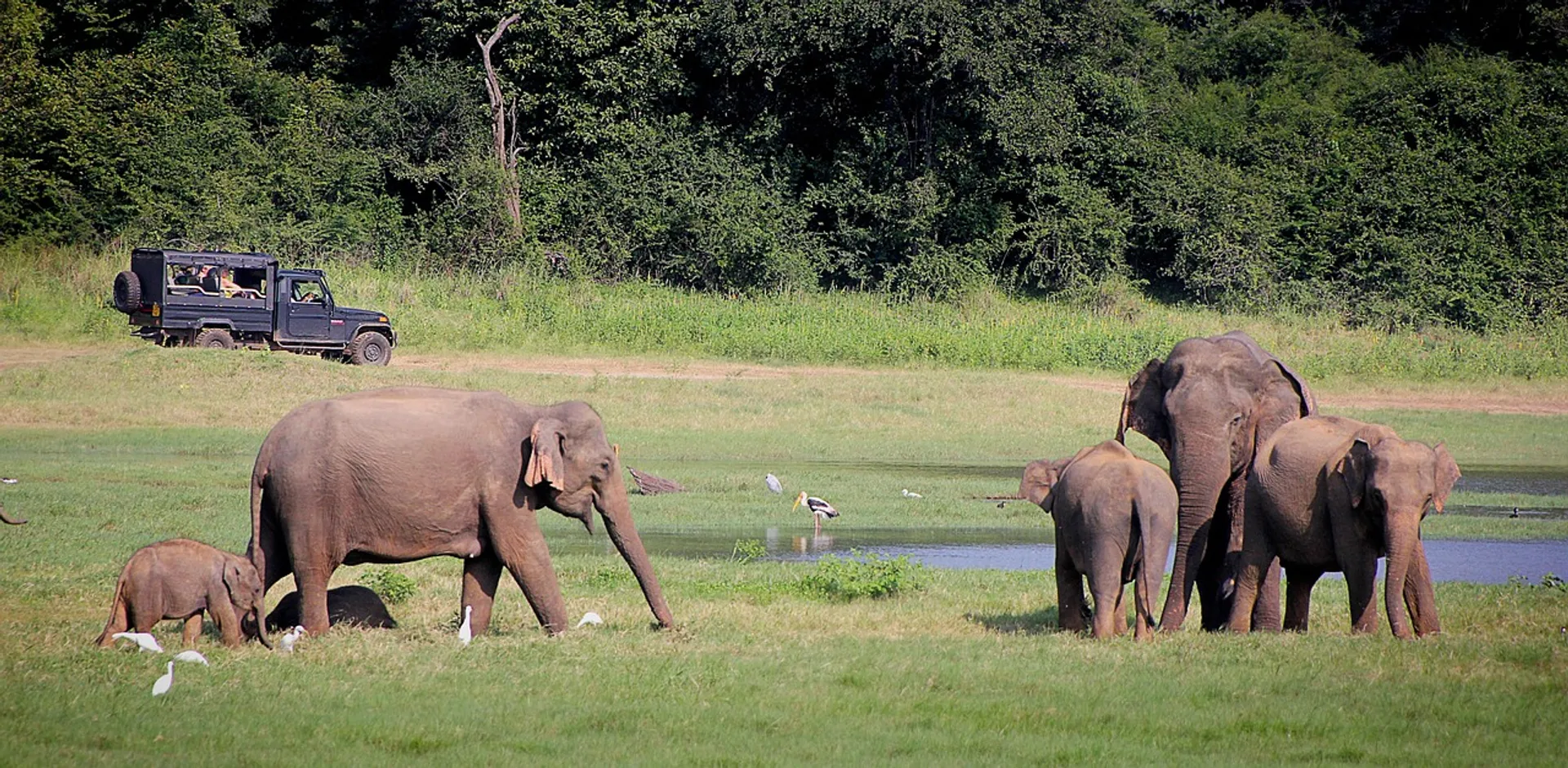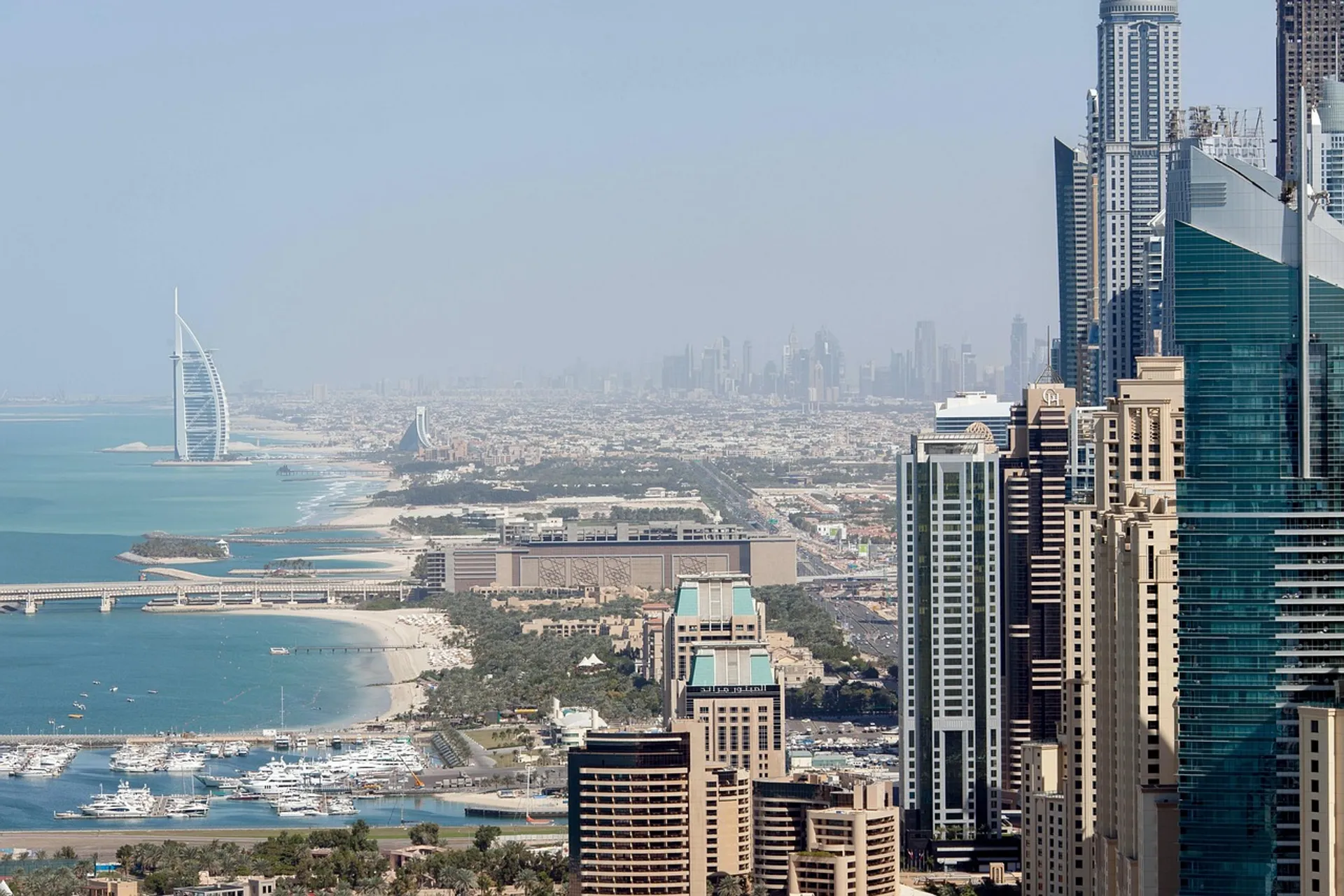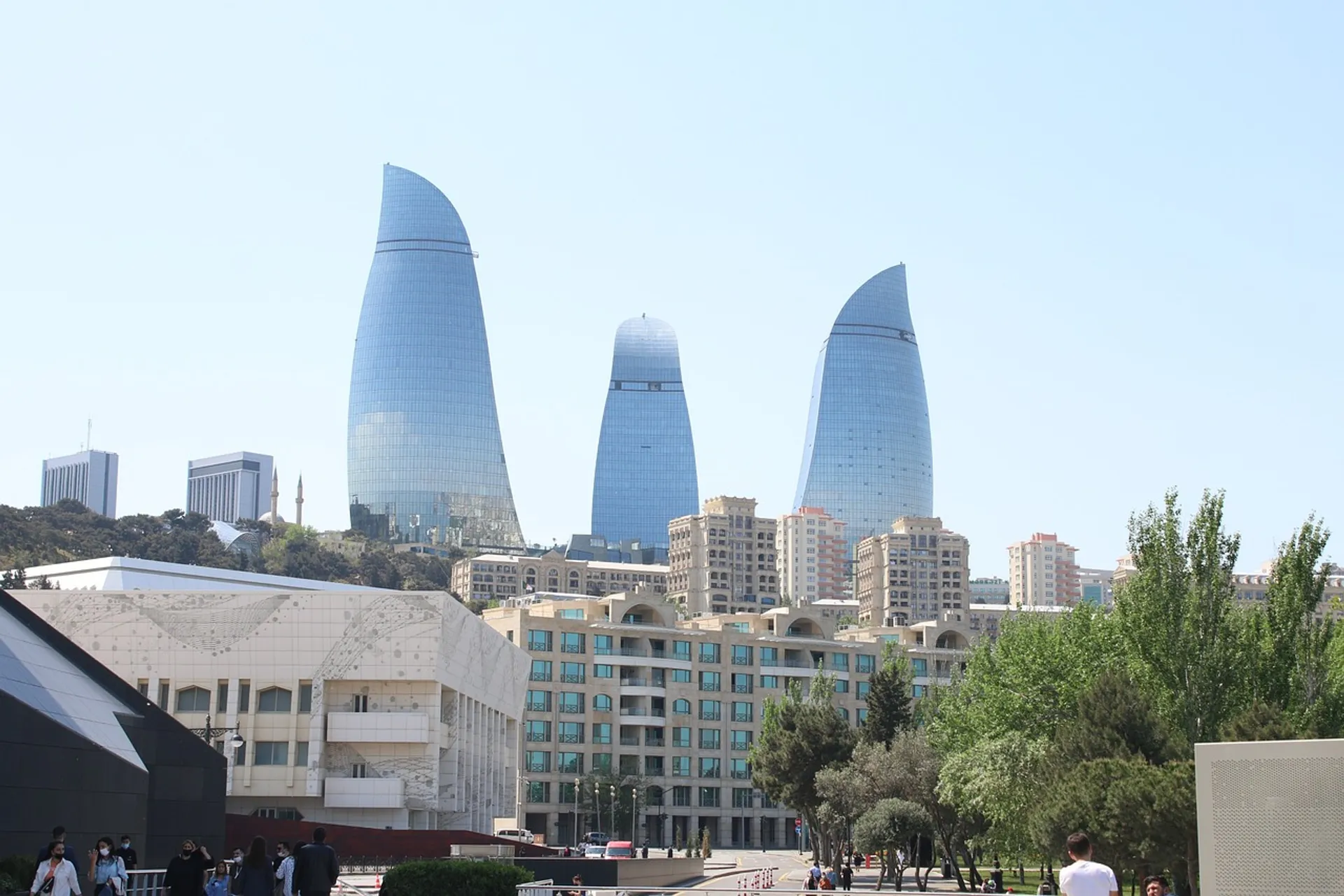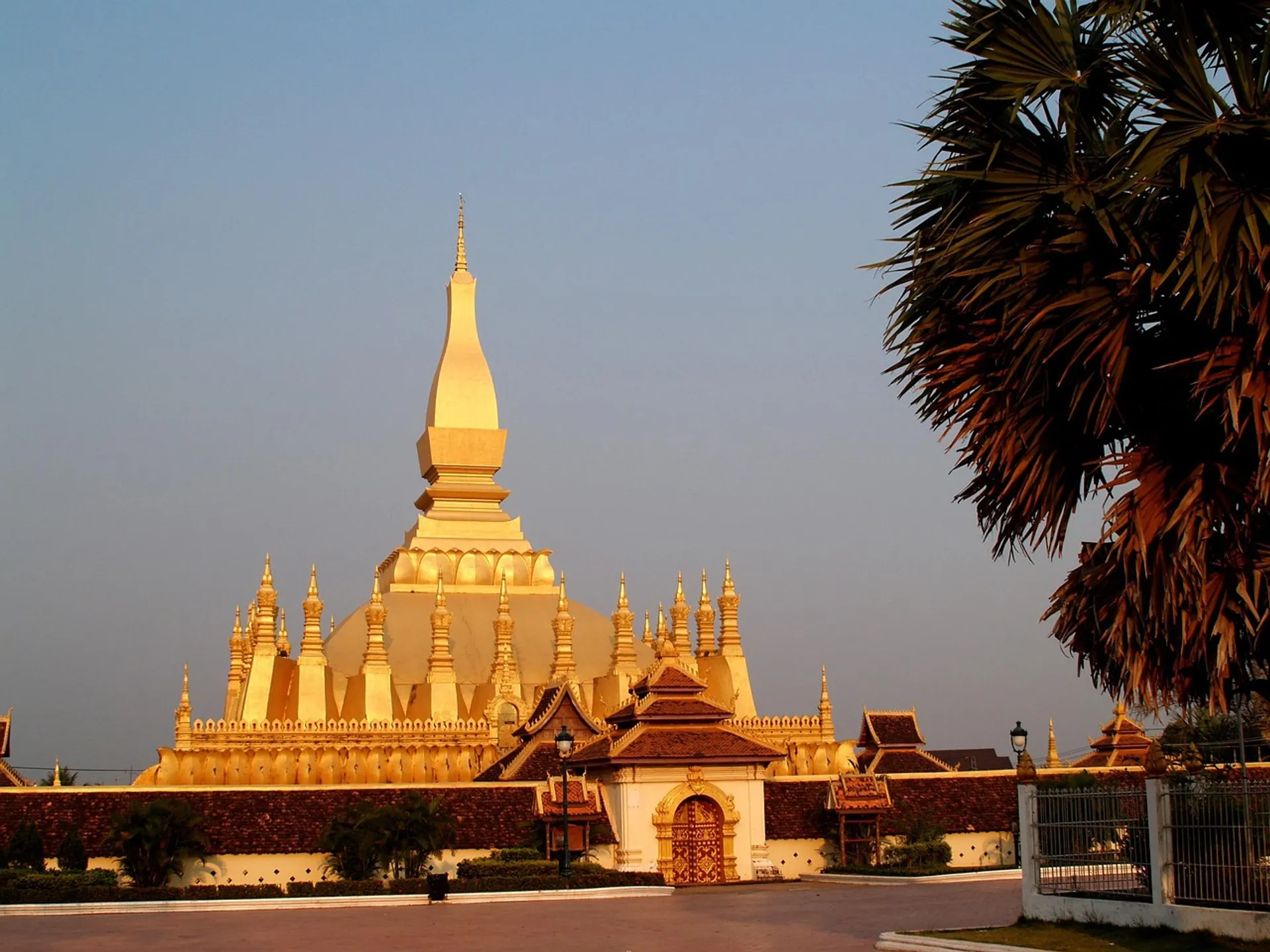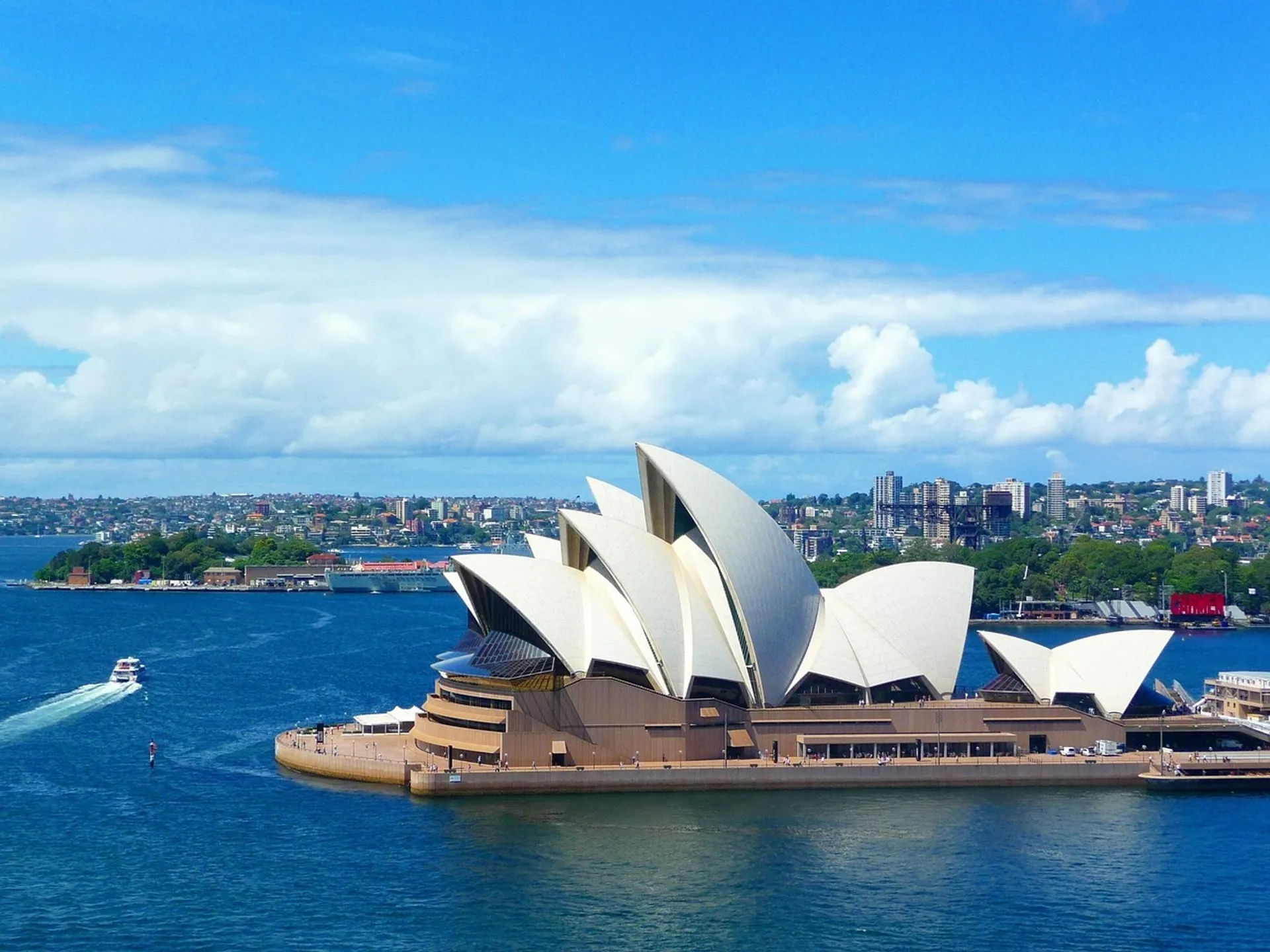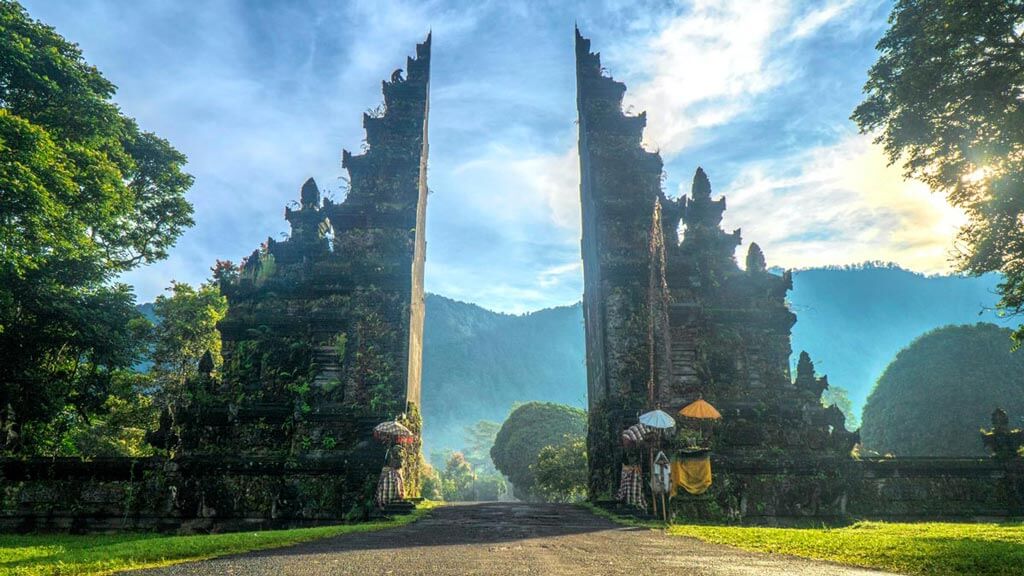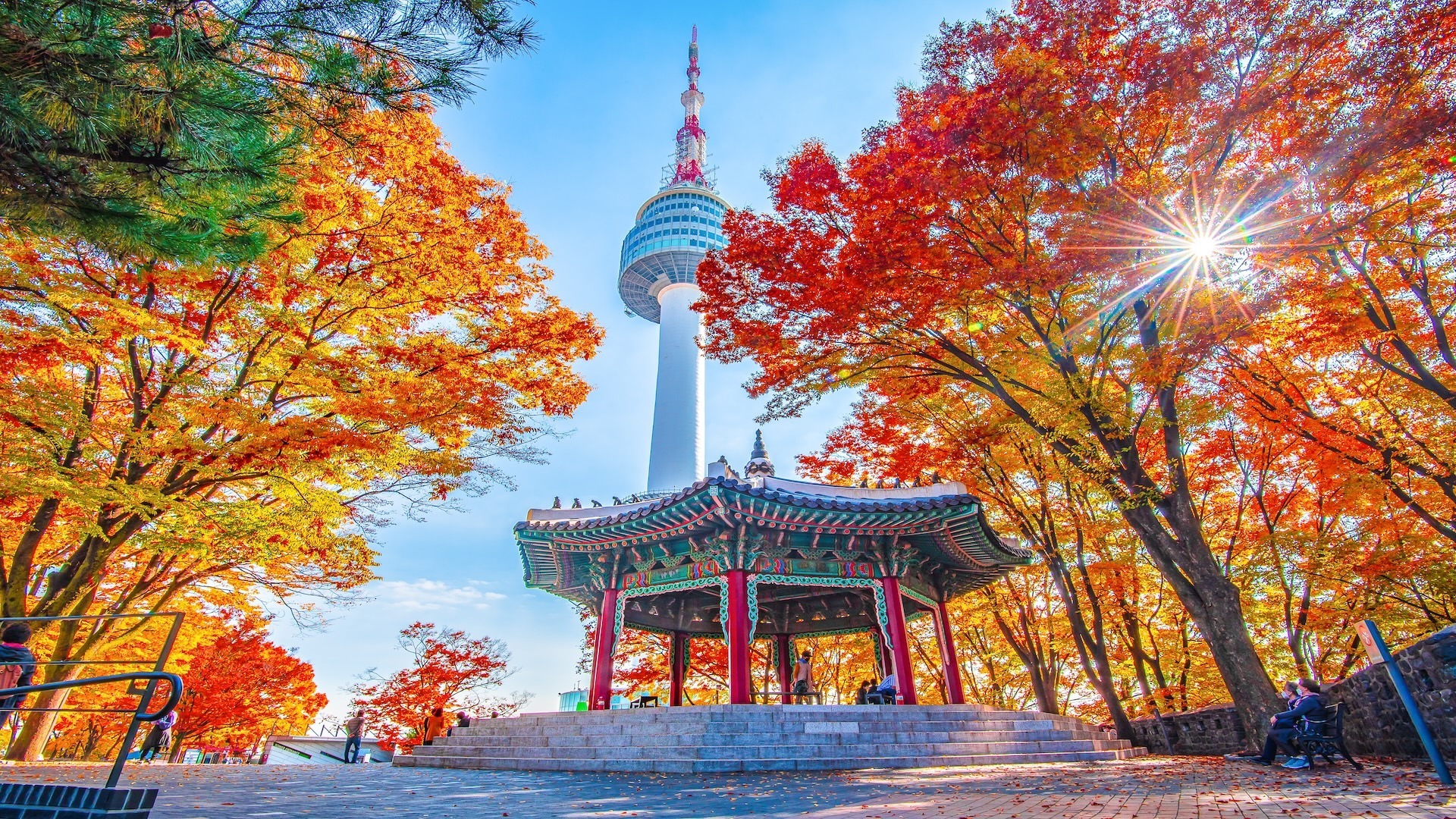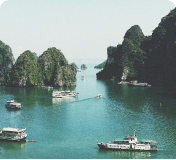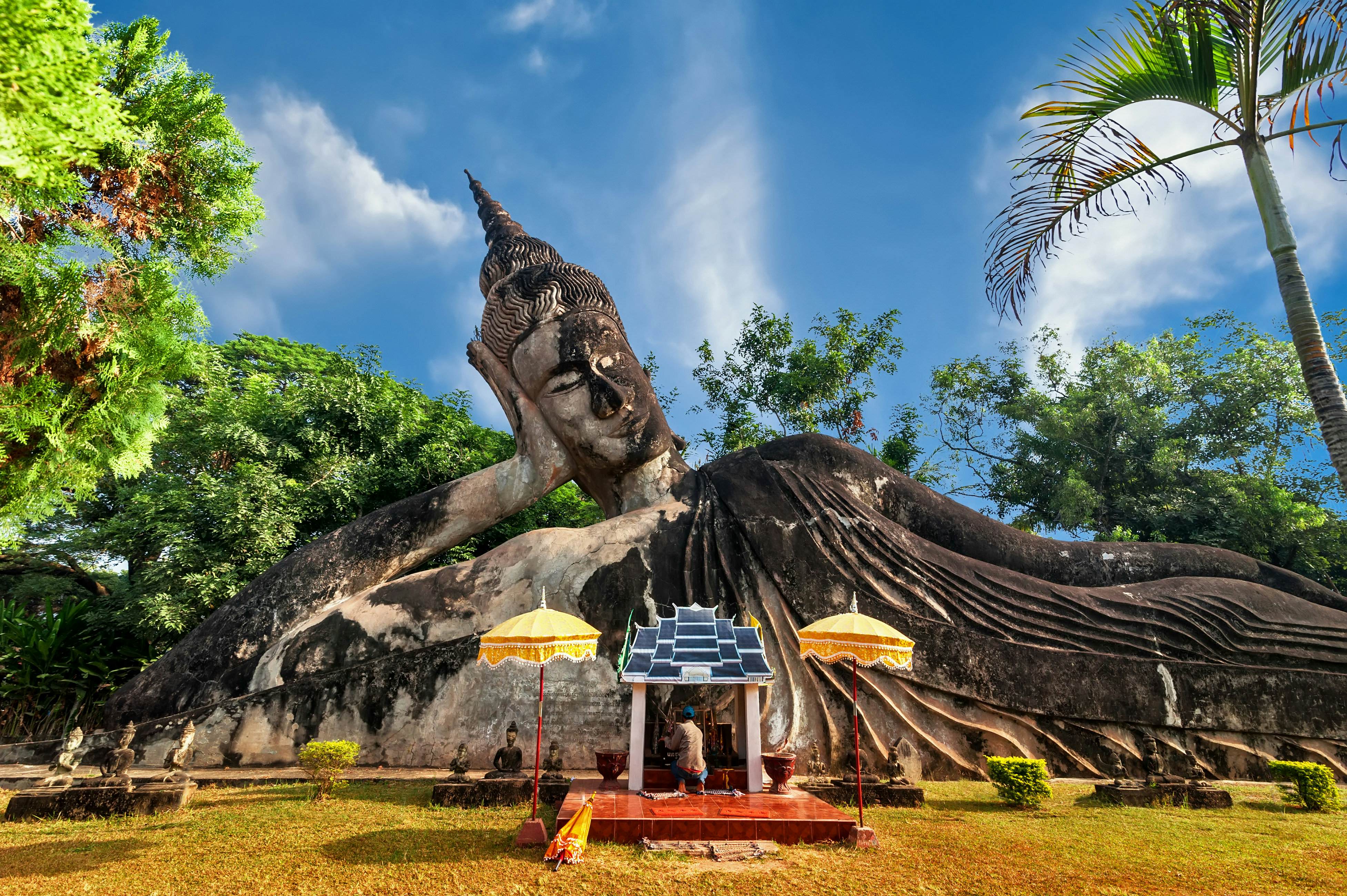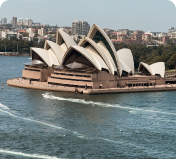99.99% Visas on Time
Visa Made
Visa Centre Au is a trusted travel visa processing services, offering expert support, up-to-date visa requirements and access to visas for multiple countries - all in one convenient place
(16 Reviews)



5.5k+
Happy Customers
Trust score 4.5 (16 Reviews)



5.5k+
Happy Customers
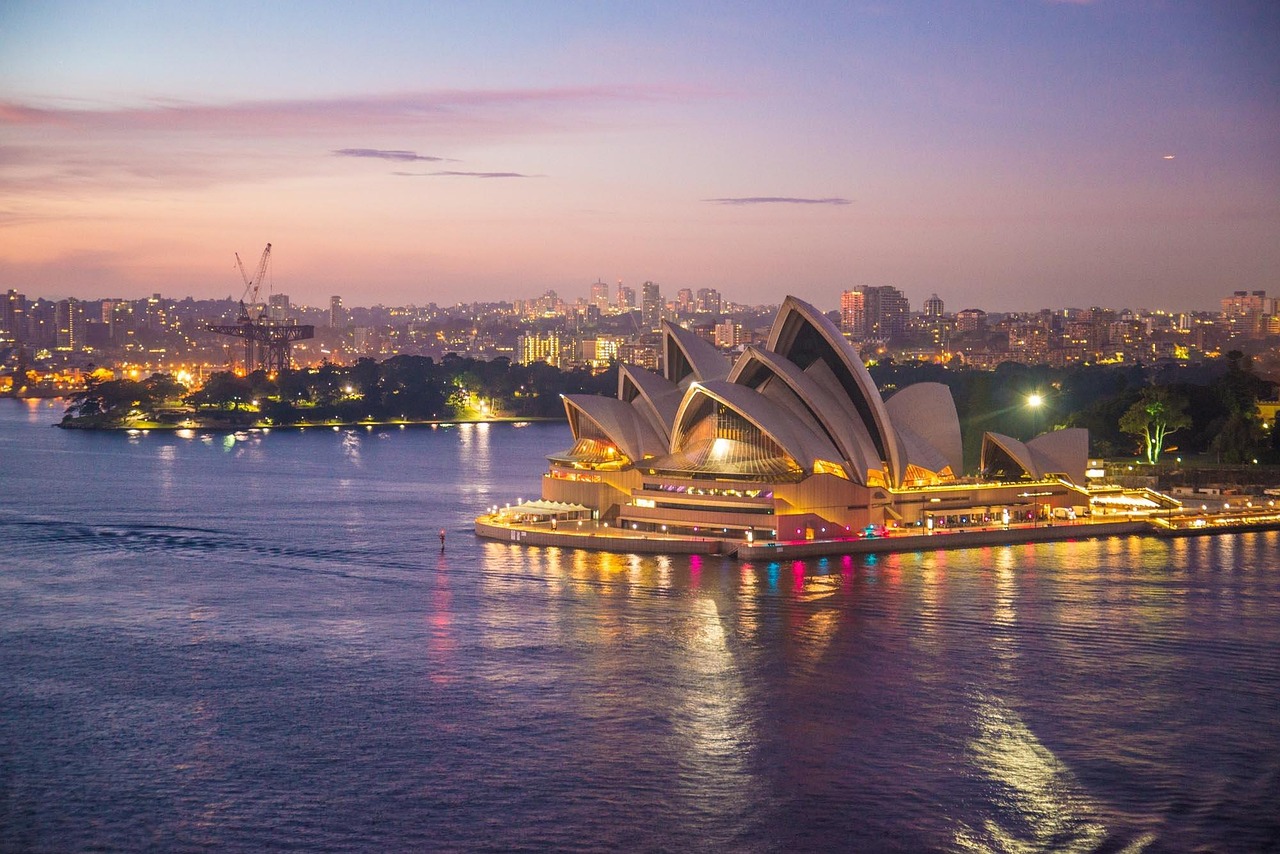

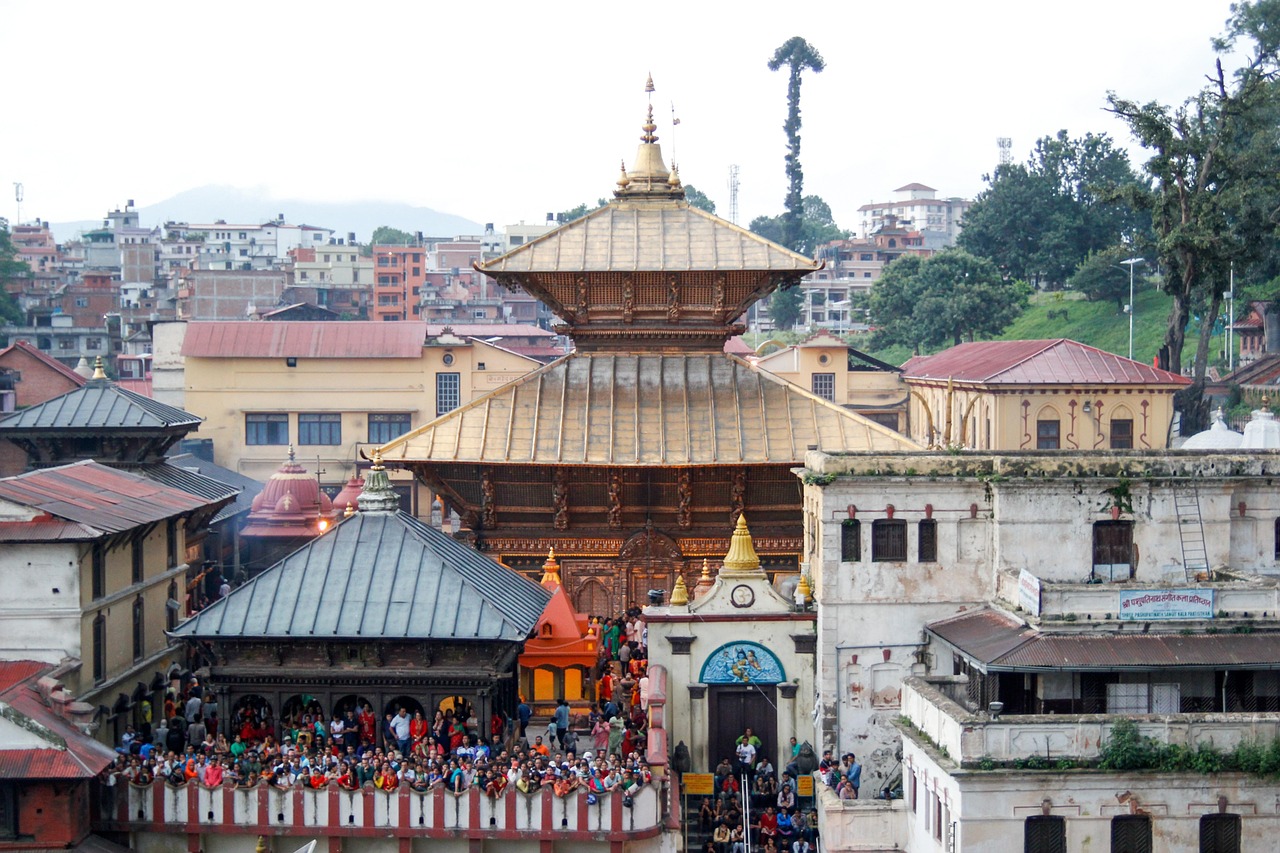


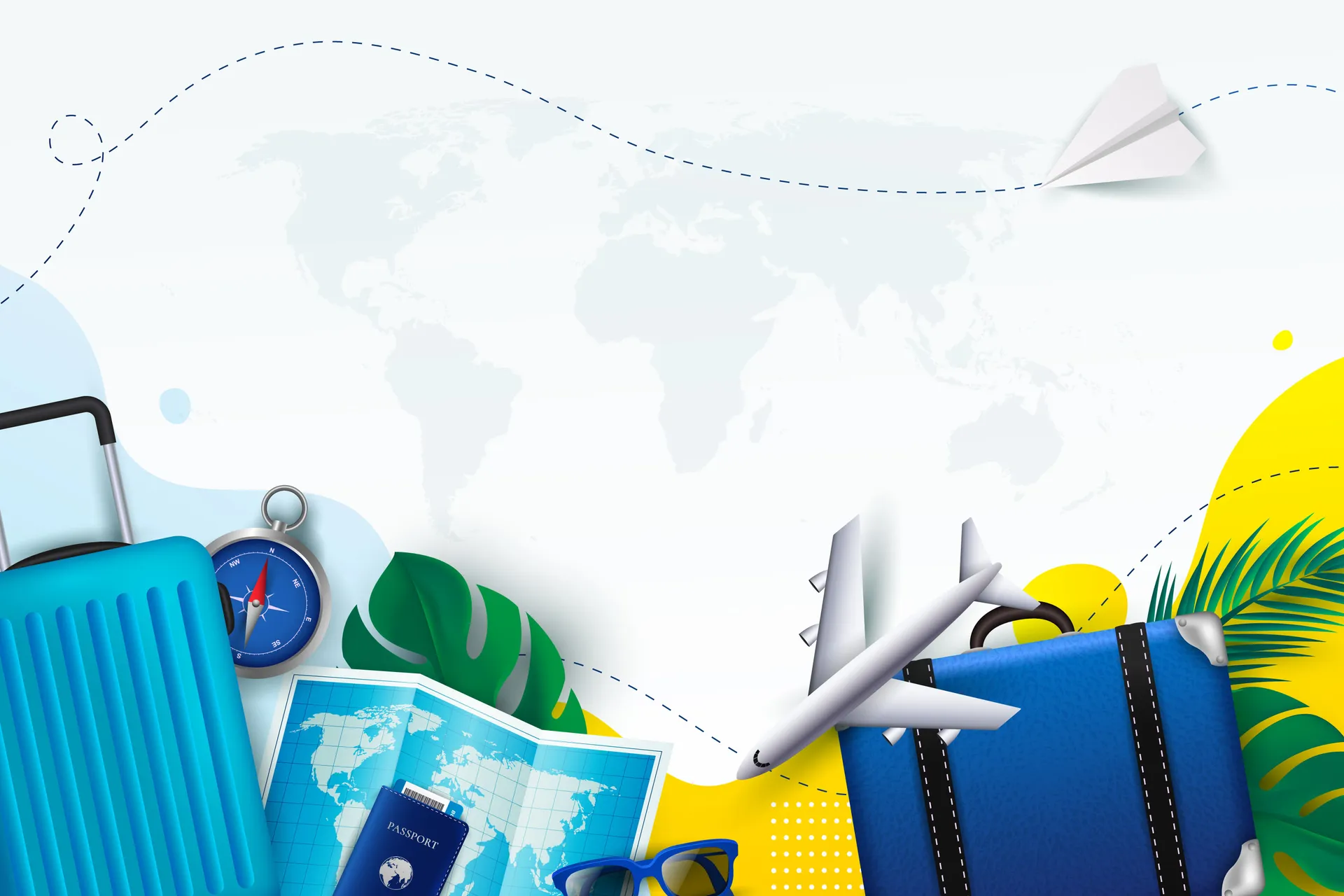
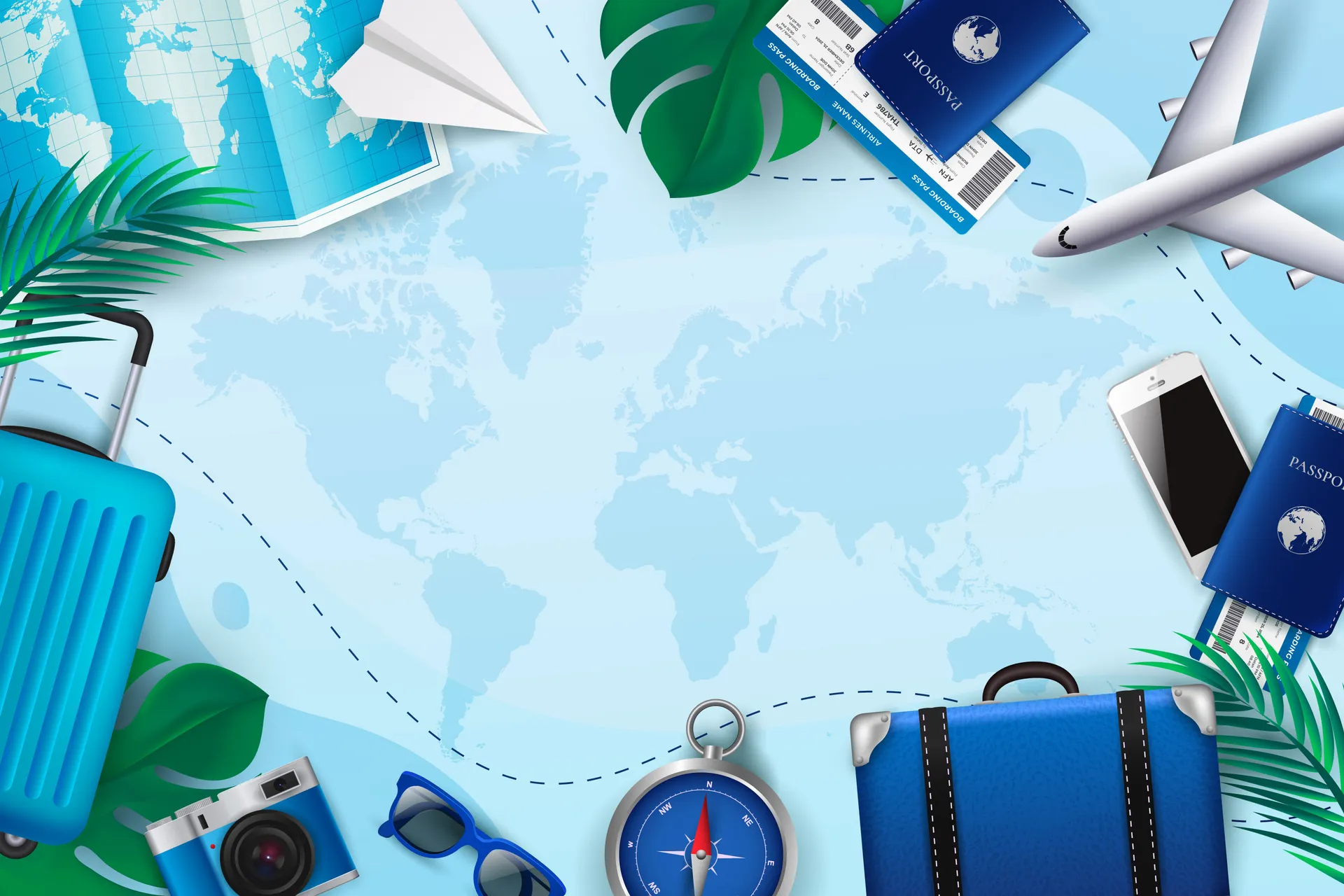
Amazing feedback from satisfied travelers
4.5
Excellent

Amisha Dahal
australia
Got visa within a week
Got visa within a week. Very helpful. I will definitely recommend to others as well.

Prashansha Karki
australia
Fast and easy service
Fast and easy service, got a visa in couple of hours. Highly recommended!!

Soney S
australia
Reliable and great service
Very satisfied with the customer service provided recently as the visa was granted within a week. Highly recommended visa service centre if you looking for a professional, trustworthy, reliable, and responsive provider, who helps with your processing overall and clears all your queries with quick responses and great support👍Thankful to Mr Prem, you have been a great help.

Sujan Khatri
nepal
Great staff and easy process
Had a great experience with Visa Centre AU, the process was easier and the team was very responsive and giving me update on each part of the application. Love the service.



Visa Centre Au Delivers
Innovation
Making it simple to get visa for multiple countries in just few clicks. Real time status updates send to your email or mobile phone, and you will be up to date on each step of your visa application.
Exceptional Services
Our team of visa and immigration experts is here to guide you at every stage, offering personalised support, quick responses, and unmatched knowledge of global visa regulations.
Security
Guaranteed accuracy, privacy, and security. We prioritise the safety of your personal information with top-tier data protection and full compliance with global legal standards.
Simplicity
No hidden fees, Complete Transparency. Our streamlined visa application process makes getting a visa easy, fast, and affordable - perfect for travelers who value speed, easy process, and peace of mind.
Visa Centre Au Latest Insights
Stay updated with frequently changing visa rules, best travel destinations, and travel tips.

Pre-Travel Checklist for Bali: What to Do After Your Visa Approval
Preparing for Bali after visa approval? This comprehensive checklist covers passports and visas, packing, and key Bali tips (currency, transport, health, culture and more) to ensure a smooth trip
Document Check – Get Your Paperwork in Order
- Passport: Make sure your passport is valid for at least six months beyond your arrival date in Indonesia. The Indonesian authorities enforce this rule strictly; passports must also have blank pages for stamps (airlines can refuse boarding if validity is insufficient).
- Visa Confirmation: Carry both a printed and digital copy of your visa or e-VOA confirmation. Even if you have an electronic visa, have a screenshot or printout in case your phone runs out of battery. Also keep copies of your flight tickets and accommodation bookings on hand.
- Return/Onward Ticket: Indonesian immigration often asks for proof of onward travel. Be prepared to show a booked return or onward flight ticket. Without this, you risk being denied entry, so keep a printout of your itinerary or e-ticket handy.
- Travel Insurance: While Bali doesn’t mandate insurance, it’s strongly recommended. Choose a policy that covers medical emergencies (hospitals in Bali can be costly) and activities like surfing or diving. Note that many insurers require an International Driving Permit (IDP) to cover any motorbike accidents, so plan ahead if you’ll be renting a scooter.
- Tourist Tax & Customs: Bali has a per-person tourist levy (about IDR 150,000) that you can pay online via the official Bali e-VOA site. Fill out the Indonesian Customs Declaration electronically before you land (the e-Customs form is on ecd.beacukai.go.id), so you can simply scan the QR code with immigration if needed. Pre-completing these formalities speeds up airport entry.
- Vaccinations & Health: Check with your doctor 4–6 weeks before traveling. CDC and travel health sites recommend Hepatitis A and Typhoid shots for Bali. Make sure your routine shots (especially tetanus) are up to date. Dengue fever is present in Bali, so bring insect repellent with at least 20% DEET. Finally, pack any personal medications in their original containers and carry prescriptions, as Bali customs can question unlabelled drugs.
Packing Checklist – Climate & Gear
- Clothing: Bali is tropical – hot and humid all year. Pack light, breathable fabrics (T‑shirts, shorts, lightweight dresses) and swimwear. Even in the dry season (April–October) evenings in hilly areas can be cooler, so a light jacket is handy. For the wet season (November–March), include a compact rain jacket or poncho.
- Sun Protection: Bring high-SPF sunscreen, a wide-brimmed hat and sunglasses. UV rays are strong, especially midday. Carry a reusable water bottle too – staying hydrated is crucial, and many places in Bali have water refill stations.
- Temple Attire: Bali’s Hindu temples require modest dress. Men and women should cover shoulders and knees. If you don’t have appropriate clothes, most temples rent sarongs at the entrance, but it’s even easier to pack a lightweight sarong or shawl in your bag. Avoid skimpy or provocative clothing when sightseeing; it’s respectful to blend in modestly.
- Footwear: Comfortable sandals or sneakers are a must for exploring markets and temples. Also pack a pair of enclosed shoes or hiking shoes if you plan on trekking (and a waterproof pair if visiting during rains). Slip-on flip-flops are handy for beach or pool.
- Electronics & Adapters: Indonesia uses 220V electricity with Type C/E (European two-pin) sockets. Bring a universal travel adapter so you can charge phones, cameras, and any power banks. Don’t forget your chargers, power bank, and any cables you need for gadgets.
- Documents & Copies: Keep your passport, visa, tickets and insurance in your carry-on at all times. It’s wise to have extra photocopies (or scans) of your passport and visa – store copies in your email or a secure cloud account and leave a set with family or friends. This redundancy can save a lot of stress if originals are lost or stolen.
Essential Bali Travel Tips
- Currency (Indonesian Rupiah): Bali is still largely cash-based. Upon arrival, exchange a small amount at the airport for immediate expenses. Carrying some Rupiah is helpful for taxis, markets, and street food. Banks and ATMs are available in tourist areas – just inform your bank before departure so your card isn’t blocked abroad. In general, use ATMs inside bank branches or shopping malls to avoid skimming, and always cover your PIN. Plan to use a mix of cash and cards: credit/debit cards (Visa/Mastercard) work for hotels and many restaurants, but smaller warungs and markets prefer cash. Consider a travel card like Wise or Revolut for better exchange rates and low ATM fees.
- Mobile & Internet: Stay connected by getting a local SIM (with data) as soon as you land. The Telkomsel network offers the widest coverage across Bali, even on outer islands. You can buy a tourist SIM at Ngurah Rai Airport (kiosks for Telkomsel, XL, Smartfren are past customs) – just bring your passport for registration. Alternatively, purchase an Indonesian eSIM online before your trip; it will activate on landing so you have data immediately. For short trips, using hotel and café Wi‑Fi can supplement your needs, but a SIM keeps you online for map navigation and ride apps everywhere.
- Local Transportation: Bali has no passenger trains and limited public buses. The easiest way to get around is via ride-hailing apps. Download Grab and/or Gojek on your phone – both offer car rides and motorbike “ojek” taxis at regulated rates. (Grab/Gojek are like Uber; they show prices and driver info in English.) For short trips in town, motorbike rides are very common and cheap, but only if you’re a single traveler comfortable behind a helmeted driver. For longer trips or traveling in groups, use GoCar/GrabCar. For any scooter rental on your own, you must have an International Driving Permit and always wear a helmet. If you’d rather avoid self-driving altogether, hire a car with driver (common in Bali). Taxis (particularly the official blue Blue Bird Group) are reliable and metered, though slightly more expensive than app-based cars. Note: in some remote areas and at the airport itself, Grab/Gojek pickups are restricted – you might have to walk to a designated pickup zone or take a taxi.
- Airport Arrival: You’ll land at I Gusti Ngurah Rai (Denpasar) Airport (DPS). After deplaning, follow signs to immigration. If you have Visa-on-Arrival, queue for the VOA counter, present your passport and pay IDR 500,000 (about USD 35) for the 30-day entry. Have your visa printout (or e-visa QR) ready along with your Customs Declaration QR code from the health/pass form. After immigration, grab your baggage and exit through customs. Past the exit you’ll find ATMs and money changers (shop around for good rates) and kiosks selling local SIM cards. As always, keep an eye on your belongings and don’t count large sums of cash in public – petty theft can happen even at airports.
- Health Precautions: Tap water in Bali is not drinkable. Stick to bottled or filtered water (most hotels provide filtered water for guests). Protect yourself daily with sunscreen and insect repellent (to guard against dengue-carrying mosquitoes). If you get cuts or insect bites, clean and cover them promptly. Always have travel insurance covering medical care; Bali has international-standard hospitals in Denpasar and Ubud, but treatment can be expensive (and often requires upfront payment). Carry a basic first-aid kit (plasters, antiseptic) and any personal medications.
- Culture & Etiquette: Balinese Hindu culture prizes respect and harmony. A customary greeting is “Om Swastiastu” (Sanskrit for “May God bless you”), though a friendly smile or “hello” is fine in most tourist spots. Always remove your shoes before entering someone’s home or a temple. Be mindful of temple customs: cover shoulders and knees (men can wear sarong-like trousers; women might wear a sash over the sarong). At temples and homes you’ll see canang sari – small daily offerings placed on the ground. Never step on these sacred baskets. Keep your voice low in temples and avoid public displays of affection. Showing respect (a quiet attitude and modest dress) goes a long way to positive interactions with locals.
- Weather & Planning: Bali’s dry season runs from about April to October: expect plenty of sun and only brief showers. The wet season (November–March) brings frequent heavy downpours, usually in the afternoon. If you travel in the wet months, carry a raincoat/umbrella and allow flexibility in your schedule (some outdoor activities may be rained out). One upside of the wet season is fewer crowds and lower prices, but mosquitoes will be more active. Check the weather forecast for your specific travel dates so you can pack layers (even a light sweater for highland dawns) and plan outdoor time accordingly.
- Safety & Scams: Bali is generally safe for tourists, but petty crime does occur in crowded areas. Pickpocketing, bag-snatching and ATM scams have been reported. Prevent these by using ATMs inside banks or malls, covering your PIN, and monitoring bank statements. Don’t leave belongings (like phones or wallets) unattended at beaches or restaurants. Use the hotel safe for passports, extra cash and valuables, and only carry what you need each day. Be wary of overly friendly strangers offering deals that seem too good to be true (common scams include illegal tour offers or fake charity collectors). Finally, check safety measures when booking activities (confirm life jackets on boats, helmets for rentals, etc.). With sensible precautions, you can relax and enjoy all that Bali offers.

Thailand Travel Tips for Holidaymakers
Thailand – the “Land of Smiles” – is a welcoming, vibrant country famed for its cities, culture and beaches. In fact, it’s often cited as “one of the safest countries in southeast Asia for travelers”. Now that your Thai visa is approved, your adventure truly begins. Before you go, learn key tips on money, transport, culture, safety and immigration to make the most of your trip. Whether you secured a visa through Visa Centre Australia or another provider, this guide will help you navigate every part of your Thailand journey.
Money & Currency
- Thai Baht (THB): Thailand’s currency is the baht. You can exchange foreign currency (e.g. AUD) in banks or authorized changers in cities and tourist areas. ATMs are widely available in cities and towns, and most hotels/restaurants accept major credit cards. However, carry some cash for markets, taxis and street vendors.
- Safe Exchange: Only use official money changers or bank ATMs. Avoid on-the-street exchangers and always check notes for damage or counterfeits. Keep passports or ID handy when exchanging large amounts, as required by law.
- Card Skimming: Beware of ATM scams – skimming devices are reported. Use ATMs in bank lobbies or shopping malls, cover your PIN, and regularly check bank statements. Carry only the cards/cash you need each day, and separate backup funds (for example, keep one credit card and some cash in a secure, hidden pouch).
Transportation in Thailand
Thailand’s transport options are plentiful, especially in big cities. Bangkok has modern rail systems: the elevated BTS Skytrain and underground MRT subway. These run every few minutes and connect major areas – as one guide notes, the BTS is an “easy and efficient way to move between busy areas”. Using the Skytrain or subway lets you bypass Bangkok’s notorious traffic jams and quickly reach places like the Sukhumvit shopping district or Silom business area.
Taxis and Tuk-Tuks: Metered taxis (usually orange or green) are abundant and air-conditioned. Official taxis display a driver ID card on the dashboard. Always insist on using the meter. Tuk-tuks (3-wheelers) are iconic and fun for short rides, but note they are more expensive per km than taxis. Expect roughly 80–150 THB for a short tuk-tuk ride. If you do take a tuk-tuk, agree on a price first or be prepared to negotiate – drivers often charge tourists more. Ride-sharing apps (Grab is popular) work well: just double-check the car’s license plate and driver name before you hop in. For any unmetered taxi, tuk-tuk or motorcycle taxi, agree on the fare before starting the ride.
Other Local Travel: Cheap local buses run everywhere, though they can be slow and crowding. In provinces and smaller cities (like Chiang Mai), you’ll see songthaews – red pickup trucks with bench seats – which charge a flat fare for a route. Motorcycle taxis are plentiful for short distances (and cheaper than taxis) – they zip through traffic but ride with one person on the back, often with no helmet (wear one if you can). Finally, Thailand is well-connected by domestic flights (AirAsia, Nok Air, Thai VietJet etc.) for travel between cities, and overnight trains/buses offer budget travel to Chiang Mai, Hua Hin, Ayutthaya and beyond.
Language & Culture Etiquette
- Basic Thai: English is widely spoken in tourist areas, but learning a few Thai words goes a long way. Greet people with “Sawasdee” (hello/goodbye) and add “krub” (for men) or “ka” (for women) to show respect. For example, “thank you” is “khop khun krub/ka”. Thai people will appreciate even simple effort, and using polite particles helps smooth interactions.
- Wai Greeting: Thais commonly use the wai (palms together, slight bow) to greet and show respect. Return a wai if someone greets you. Children usually wai older people first, who may respond without bowing.
- Respect and Modesty: In Thailand, courtesy is prized. Never raise your voice or show anger in public – maintain a calm tone. Dress modestly when visiting temples and religious sites: cover shoulders and knees, and remove hats. You’ll notice shoe racks at temple or home entrances – always remove your shoes before entering. Inappropriate attire (e.g. sleeveless tops or short shorts at temples) can deny you entry.
- Do’s and Don’ts: Never touch anyone’s head or hair (the head is sacred) and avoid pointing your feet at people or sacred objects – feet are considered the lowest, “dirtiest” part of the body. Don’t put your feet up on tables or chairs, or wave to someone with your foot. Also, Thais have deep respect for the monarchy and Buddha – avoid any disrespect. For example, stand in silence if you happen to hear the national anthem in public, and never touch or climb on Buddha statues.
- Royal Family: Thais hold their royal family in extremely high regard. Never make negative or humorous comments about the King or royal symbols – such acts are against the law and very offensive.
Food & Drink
Thai cuisine is a major highlight of any trip. Street food stalls and markets serve delicious dishes: don’t miss pad Thai (noodles), gaeng keow wan (green curry), tom yum soup, or mango sticky rice for dessert. Thai food often uses chili, garlic, and fish sauce (fermented anchovies), so specify “mai phet” (not spicy) or “khong mai sai naam bpla” (no fish sauce) if you have preferences or allergies. Eat where locals queue – busy stalls mean turnover and fresher food.
- Safe Eating: Stick to freshly cooked foods and eat at places that look clean. Raw salads and undercooked meats carry higher risk. “Avoid tap water in Thailand; drink bottled or filtered water,” advises local health guides. Use bottled water for brushing your teeth, and be cautious with ice – only use ice if you know it’s from purified water. Fruit juices and shakes are refreshing, but ensure they use clean ice or drink from fruit where the peel is removed.
- Street Food: Trying street food is part of the fun, but make smart choices. Look for high-turnover stalls (people eating means the food is freshly made). Sanitization: Carry hand sanitizer and use it before eating. If you have a sensitive stomach, consider taking an anti-diarrheal medicine along. A mild tourist stomach can happen to anyone – just keep hydrated.
- Tipping: Tipping isn’t required, but is appreciated. In restaurants, leaving small change or rounding up the bill is a kind gesture. Hotel porters typically expect 20–50 THB per bag. For taxis, you can round up or add 10–20 THB to cover luggage help.
Safety & Health
Thailand is generally safe, but common-sense precautions go a long way.
- Petty Theft: Incidents of pickpocketing or bag-snatching do occur in crowded areas. Australian travel advice notes that “money and passports have been stolen from hostel rooms and from bags on public transport”. To reduce risk, never leave valuables unattended. Keep cameras, phones and wallets in a front bag. Consider a money belt or hidden pouch for passports and cash. If you store luggage under buses or trains, be cautious – use locks on suitcases and keep important items in your carry-on. Tourist police (dial 1155) are available if you need help.
- Scams: Be aware of common tourist scams. These include tuk-tuk drivers offering very cheap city tours that end at overpriced shops, gem sellers with “too-good-to-be-true” deals, or unofficial travel “agents” promising cheap tickets. If something feels off, trust your instincts. Use reputable tour operators, and always agree on prices in advance for tuk-tuks, taxis and tours.
- Emergencies: Note emergency numbers – dial 191 for police or 1155 for the Tourist Police. For medical emergencies, Bangkok’s number is 1724 (elsewhere, 1669 for ambulance). It’s wise to save these on your phone and know your hotel’s address (Thai hotels can provide an English-labeled address card).
- Health: Travel insurance is strongly recommended (with cover for health care and evacuation). U.S. and Australian authorities urge travelers to buy a comprehensive policy before departure. Vaccinations: Check that routine vaccines (MMR, tetanus, etc.) are up-to-date. Thailand has some risk of dengue (mosquito-borne fever), so use insect repellent and consider long sleeves/pants at dusk in jungle or rural areas. Thailand has modern clinics and hospitals in Bangkok/Phuket; always seek prompt medical help if injured or ill.
- Sun & Heat: Thailand’s sun can be intense. Wear sunscreen, a hat and stay hydrated. Heat exhaustion can happen to anyone, so drink plenty of safe fluids and take breaks in shade or air-conditioning.
Immigration Checks & Entry Requirements
When you arrive in Thailand, have your documents ready. An immigration officer will check your passport, visa approval and stamping forms. Tickets/Funds: You may be asked to show a return or onward flight ticket and proof of sufficient funds for your stay. Keep copies or photos of these documents handy (many airlines check before boarding).
- Entry Stamp: Make sure you receive your official entry stamp from the immigration officer. Do not get visas or stamps from unofficial agencies – altered or fake entry stamps are a serious offense that can lead to fines, imprisonment or deportation. The date on your stamp is your legal entry date, even if your visa sticker says otherwise.
- Visa Duration: Note the number of days allowed by your stamp. If you need to stay longer, apply for an extension at a local immigration office well before expiry. Overstaying is penalized harshly: even accidentally overstaying by a day can lead to fines, detention, and bans (1–10 years) on re-entry. Always double-check your permitted stay and plan your exit accordingly.
- Registration: If you plan to stay continuously in Thailand beyond 90 days, the law requires you to report your address to immigration every 90 days. Most hotels can help you with this if needed.
By following these tips, you can focus on enjoying Thailand’s wonders instead of worrying about logistics. In summary, keep your travel documents secure, respect local customs, and make smart choices on transport, money and health. With your visa in hand (for example, applied through Visa Centre Au), you are now ready for the journey. Have a fantastic trip – safe travels and sawasdee krub/ka!
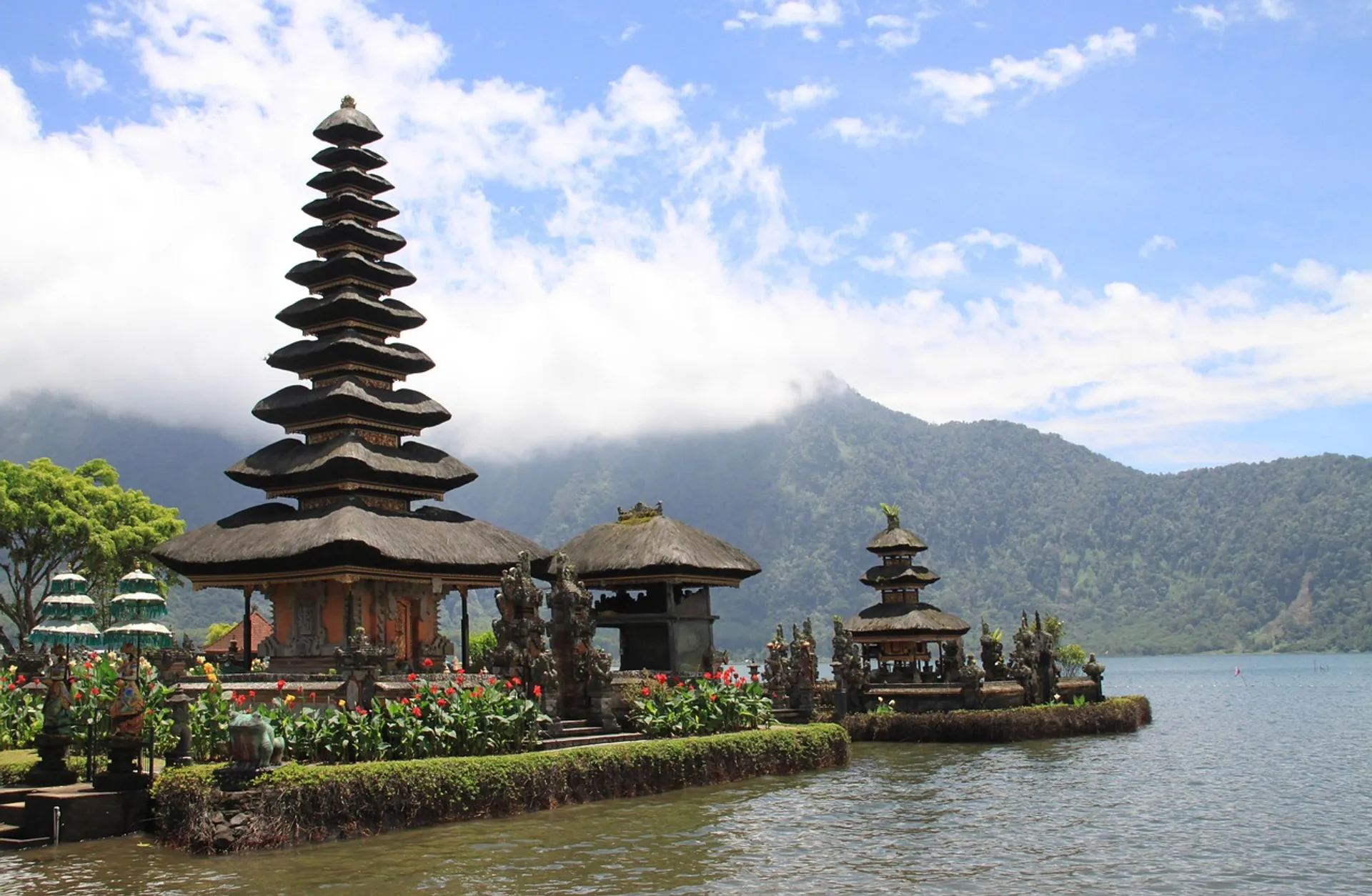
Planning a Trip to Bali? Visa Requirements You Need to Know!
Bali, Indonesia - a paradise of serene beaches, lush rice terraces, and vibrant cultural experiences—draws travelers from all over the world. While many can visit visa-free or obtain visas on arrival, certain travelers must apply for a visa beforehand to enter this stunning destination.
Which Countries Require a Visa in Advance?
If you're a passport holder from any of the following countries, you'll need to secure a visa before traveling to Bali:
Africa & Middle East: Algeria, Angola, Benin, Burkina Faso, Burundi, Cameroon, Cape Verde Islands, Central African Republic, Chad, Comoro Islands, Congo (Dem. Rep.), Congo (Rep.), Cote d'Ivoire, Djibouti, Eritrea, Ethiopia, Gabon, Ghana, Guinea-Bissau, Iran, Iraq, Lebanon, Lesotho, Libya, Madagascar, Malawi, Mali, Mauritania, Namibia, Niger, Sierra Leone, Sudan, South Sudan, Syria, The Gambia, Togo, Uganda, Yemen, Zambia, Zimbabwe
Asia & Pacific: Bangladesh, Bhutan, Fiji, Kiribati, Maldives, Micronesia, Nepal, North Korea, Pakistan, Papua New Guinea, Samoa, Sao Tome and Principe, Solomon Islands, Sri Lanka, Tajikistan, Tonga, Turkmenistan, Tuvalu
Europe & The Americas: Antigua and Barbuda, Bahamas, Barbados, Belize, Bolivia, Costa Rica, Cuba, Dominica, Dominican Republic, El Salvador, Georgia, Grenada, Guyana, Haiti, Honduras, Jamaica, Kosovo, Kyrgyzstan, Moldova, Montenegro, Nicaragua, North Macedonia, Palau Islands, Paraguay, Trinidad and Tobago, Uruguay, Vanuatu
How to Apply for an Indonesian Visa?
If you're from one of these countries, applying for an Indonesian visa is crucial before you book your flights. Here’s how you can ensure a smooth process:
- Check the Visa Type: Most visitors require a Tourist Visa, but business travelers may need a different type.
- Gather Required Documents: This usually includes:
- A valid passport (at least 6 months of validity)
- A completed visa application form
- Passport-sized photos
- Proof of onward travel (return ticket)
- Sufficient funds for your stay
- Additional documents as required by the Indonesian Embassy
- Submit Your Application: Visit your nearest Indonesian Embassy or Consulate and submit your documents. Some countries allow online applications.
- Processing Time: It typically takes a few weeks, so apply well in advance.
- Visa Fees: Costs vary depending on your nationality, visa type, and length of stay.
What Happens If You Arrive Without a Visa?
If travelers from visa-required countries attempt to enter without a pre-approved visa, they will likely be denied entry and sent back. It’s essential to plan properly to avoid disruptions to your trip.
Final Thoughts
Bali is one of the most magical destinations in the world, offering natural beauty, rich culture, and adventure for all kinds of travelers. If you need to secure a visa before travel, make sure to complete the application process ahead of time to ensure a hassle-free journey.
Have you visited Bali before? Let us know your experiences and tips in the comments! ✨🌴
Frequently Asked Questions
At the heart of our commitment to providing exceptional immigration solutions stands our trusted




